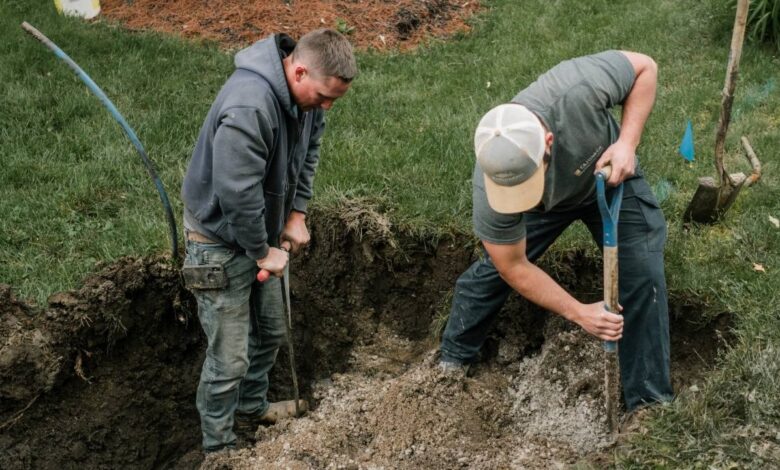What You Should Ask When Hiring a Well Service to Plug a Well

So, you’ve decided to correctly seal up an unused well on your property. That’s a smart move for safety! But plugging a well requires specialized equipment and expertise from a professional like Renegade Wireline Services. Here are key questions to ask when hiring an experienced well service for this critical job.
Are You Licensed and Insured?
First, verify the well contractor carries all required licenses and insurance for well closing activities in your state. Ask for their license number and check its status through your state environmental regulatory agency. Request certificates of general liability insurance and workers’ compensation coverage, too. This protects you in case of damages or injuries during the job.
What is Your Well Closing Experience?
Ask how long the company has been specializing in well closures and what percentage of their work is dedicated to this service. Look for extensive experience successfully completing well-plugging projects, not just well drilling or repair. Find out if they tackle closures on both modern and older legacy wells. You want true well sealing specialists.
What Methods and Materials Will You Use?
Well-plugging processes can vary based on the well’s depth and construction. Inquire about their standard procedures, materials, and sealing methods. Make sure they follow regional regulations. Standard protocols include using bentonite clay, cement grout, or polyurethane foam. Drilling out old casing pipes may be required. Understand their entire approach.
Can You Handle This Well’s Unique Characteristics?
Each well has unique considerations – explain yours in detail. Important factors are diameter and depth, water levels, existing pump systems or obstructions, and space constraints. Provide the contractor with as much background info as possible on the well. Make sure they are fully equipped and experienced to take on your specific well-closure challenges.
What Testing and Reporting is Included?
Ask what type of water quality testing they perform before and after plugging the well. At a minimum, bacteria levels should be verified as safe. Inquire about additional contaminant testing if the well was located near any potential pollution sources. They should provide written documentation that sealing was completed to specifications. Keep these records to prove proper closure.
What Are Your Safety Procedures?
Well work carries inherent risks of poisonous gas buildup, oxygen depletion, and ground collapse that require strict precautions. Discuss the company’s safety protocols when accessing well shafts and working in confined spaces. Proper ventilation, air monitoring, fall prevention, and use of breathing apparatus should all be covered. Don’t cut corners on safety.
Choosing the right well contractor for sealing and plugging your unused well is critical to prevent groundwater contamination and liability issues. Asking the right questions upfront ensures you get qualified professionals with specialized expertise in permanent well closures. Do your homework to gain peace of mind knowing your well is properly and safely secured.



